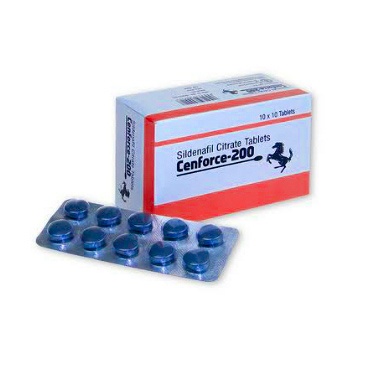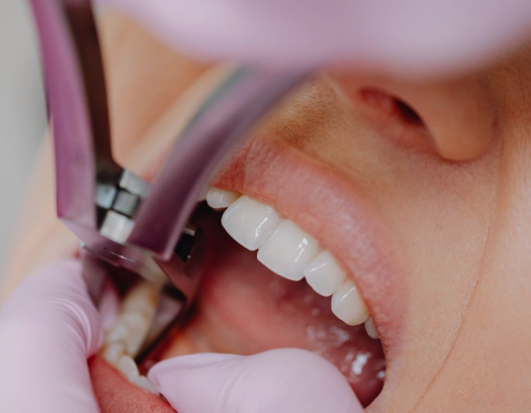A cavity is what you get from tooth decay or damage to a tooth. Decay can affect the outer coating of a tooth called enamel and the inner layer called dentin. Cavities are permanently damaged areas in the hard surface of your teeth that develop into tiny openings or holes. Cavities, also called tooth decay or caries, are caused by a combination of factors, including bacteria in your mouth, frequent snacking, sipping sugary drinks, and not cleaning your teeth well, says Rockland dentists.
Cavities and tooth decay are among the world’s most common health problems. They’re especially common in children, teenagers, and older adults. But anyone who has teeth can get cavities, including infants. Rockland dentists mention if cavities aren’t treated, they get larger and affect deeper layers of your teeth. They can lead to severe toothache, infection, and tooth loss. Regular dental visits and good brushing and flossing habits are your best protection against cavities and tooth decay.
Cavity signs and symptoms
The symptoms of a cavity will depend on how large it is and where it is in your mouth. You may not have any symptoms at first. However, they’ll get worse as the cavity gets larger, including:
- Pain or a toothache that happens without warning
- Sensitive teeth
- Pain when you eat or drink sweet, hot, or cold things
- Holes or pits in your teeth
- Black, white, or brown tooth stains
- Pain when you bite down
You may not be aware that a cavity is forming. That’s why the Rockland dentists suggest that it’s important to have regular dental checkups and cleanings, even when your mouth feels fine. However, if you experience a toothache or mouth pain, see your dentist as soon as possible.
Causes of the cavity.
Cavities are caused by tooth decay, and this is a process that occurs over time. Here’s how tooth decay develops:
- Plaque forms. Dental plaque is a clear sticky film that coats your teeth. It’s due to eating a lot of sugars and starches and not cleaning your teeth well. When sugars and starches aren’t cleaned off your teeth, bacteria quickly begin feeding on them and form plaque. Plaque that stays on your teeth can harden under or above your gum line into tartar. Tartar makes plaque more difficult to remove and creates a shield for bacteria.
Plaque attacks. The acids in plaque remove minerals in your tooth’s hard, outer enamel. This erosion causes tiny openings or holes in the enamel; this is the first stage of cavities.




